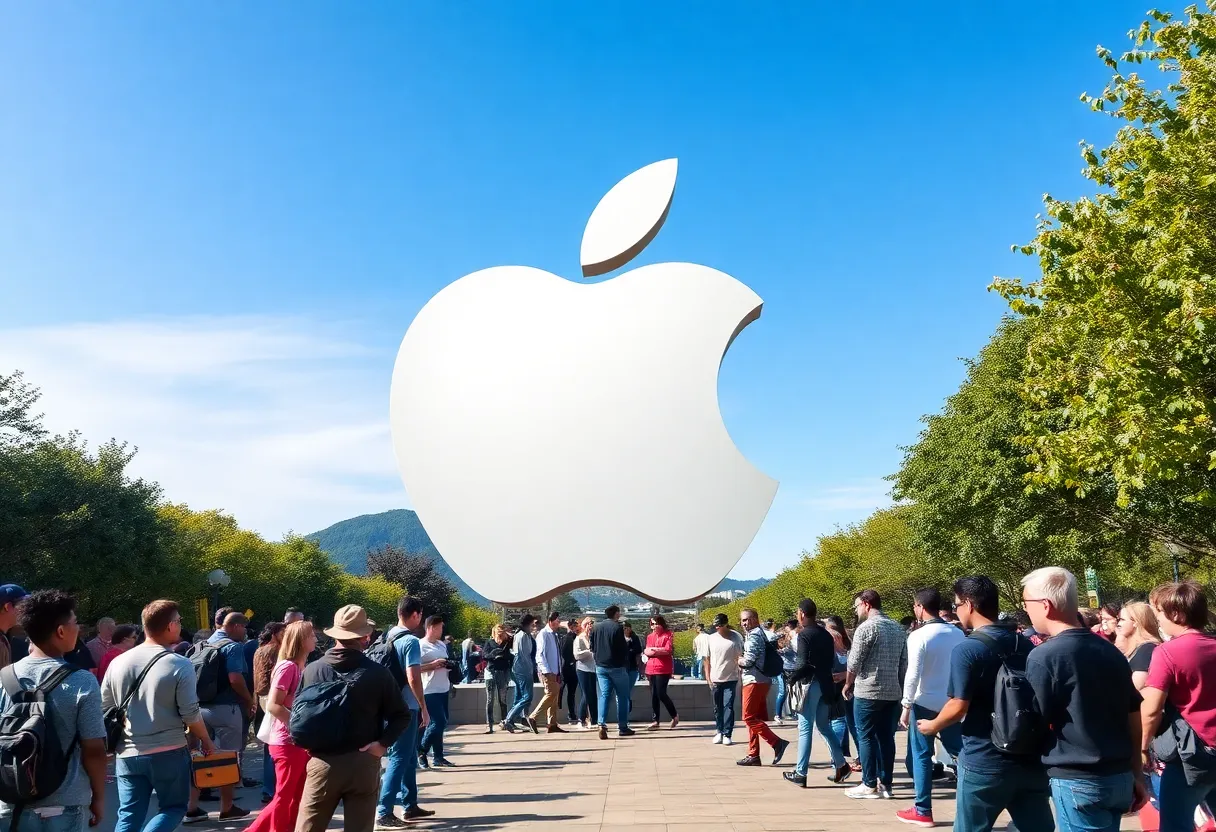Exploring Steve Jobs’ Marketing Genius in Cupertino
Cupertino, California, is often recognized as the birthplace of innovation, thanks to one remarkable man: Steve Jobs. A visionary and a game-changer, Jobs not only revolutionized technology but also transformed how we think about marketing. His approach, oftentimes referred to as pure genius, blended creativity with psychological insight, and the results have left an indelible mark on the world.
The Philosophy of Moving Forward
At Apple, the motto was always about “moving the human race forward.” This wasn’t just a catchy slogan; it was the essence of every marketing strategy Jobs implemented. He recognized that much of marketing is little more than a rehashing of what has come before. Mick Jagger once said, “There is no future in rock ‘n roll music; it is all only recycled past.” Jobs took this observation to heart, using it to redefine how Apple could connect with consumers.
Lessons from the Giants
When Jobs returned to Apple, the company was struggling. He understood the brilliance behind Nike’s marketing that showcased star athletes like Michael Jordan without diving into technical specs. Instead, Nike celebrated athleticism and passion. Jobs mirrored this philosophy but focused on creating a sense of elite branding through “sexy products.” He knew that five percent market share would still yield wild success if Apple created a coveted allure with its products.
One of the significant misses of many companies, Jobs noted, was their relentless push to convince consumers that their products were the best. Think about the dairy industry, which tried for decades to sell milk aggressively. It wasn’t until the relatable “Got Milk?” campaign that sales surged—because it wasn’t about the milk itself; it was about fun, memorable experiences, often through celebrity endorsements.
New Directions in Marketing
Jobs observed that advertising often got it wrong by focusing too heavily on product features. Nike commercials don’t dwell on technical details about shoes; instead, they honor athletes and celebrate achievements. This led Jobs to strip the core messaging of Apple down to its essence: “People who use Apple products are passionate about making the world a better place.” He knew that the individuals who are “crazy enough to think they can change the world are often the ones who do.” Such was the power of his vision, setting the stage for an epic comeback in the tech world.
“Think Different” Campaign
With a powerful creative spark, Jobs sought to launch the “Think Different” campaign, which aimed not just to market a product but to encapsulate a dream. He pulled inspiration from world changers—think Picasso and Einstein—individuals who, although admired, were often marred by controversy. This vision led him to write the narrative that not just sold products, but also sold an inspiring idea.
Choosing between a voiceover from Jobs himself or that of Richard Dreyfuss was last-minute, but he ultimately chose Dreyfuss, recognizing the need for a voice that would resonate well with audiences. This decision highlighted Jobs’s understanding of leadership—knowing when to step back and allow others to shine.
A Legacy of User Experience
Jobs’ marketing mantra focused on emotion and user experience. He wisely stated, “We aren’t here to sell products; we sell dreams. Our products help them come true.” Central to this was simplicity, innovative presentation, and emotional connection to consumers. Apple products were not just about technology; they were about embracing a lifestyle.
The Apple Ecosystem and Building Community
Jobs was also adept at creating a seamless ecosystem around Apple products. Once you entered the world of Apple, it was easy and tempting to dive deeper into it. This community feeling fostered brand loyalty and made it almost irresistible for users to switch away from the Apple line-up.
The Inevitable Conclusion
As we look back at Steve Jobs’ unforgettable marketing strategies, it’s clear how timeless his lessons still are. Simplicity, emotional connections, and celebrating achievements, rather than features, are things that resonate even today. In a clamorous world, as Jobs noted, clarity about who you are and what you stand for will always trump the noise.
So, whether you’re an aspiring marketer or simply a fan of tech, remember the essence of Jobs’ approach: market not the product, but the dream of what that product empowers the user to achieve. In a world that often feels overwhelming and complex, this simple philosophy just might be the spark we need to ignite a wave of new ideas.









